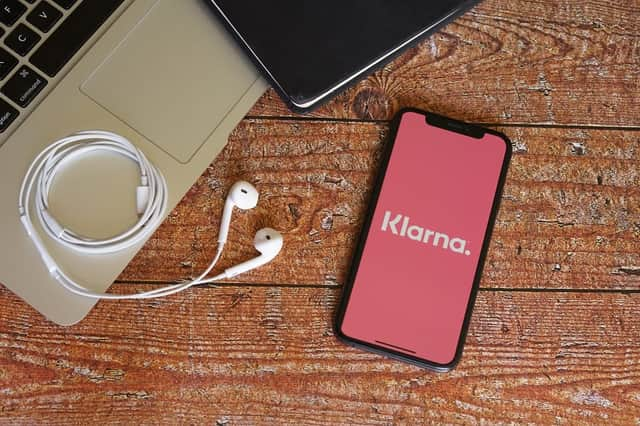An ‘irresponsible’ Klarna Instagram campaign has been condemned - here’s what happened


A Klarna advertising campaign posted on social media platform Instagram has been banned by the UK’s advertising watchdog for being “irresponsible.”
The Instagram campaign by Klarna - which is a ‘buy now, pay later’ provider - paid four so-called ‘influencers’ on social media to post about both clothes and skincare products in April and May, in order to encourage people to use Klarna to shop to “boost their mood.”
Advertisement
Hide AdAdvertisement
Hide AdHowever, the UK’s advertising watchdog, Advertising Standards Authority (ASA), has said that the ads “irresponsibly encouraged the use of credit” during the UK’s first coronavirus pandemic lockdown.
‘The challenging circumstances caused by the lockdown’
The ASA received a complaint from Labour MP Stella Creasy, who said that the promotional Instagram posts from Klarna (which allows items to be paid in instalments) were irresponsible.
The four influencers involved - Bradley Harper, Claire Menary, Aisha Master and Yasmin Fatollahy - praised Klarna in the ads, but the ASA said that encouraging the payment method of credit in the context of lockdown was wrong.
The ASA said, "We acknowledge that purchasing non-essential items was likely to be a source of comfort for some people during the national lockdown. However, each ad promoted the use of Klarna's deferred payments services.
Advertisement
Hide AdAdvertisement
Hide Ad"We concluded that in the context of the challenging circumstances caused by the lockdown at the time, including impacts on people's financial and mental health, the ads irresponsibly encouraged the use of credit to improve people’s mood."
However, Klarna has denied that the posts from the influencers were irresponsible, and that the theme of the ads was "taking care of one’s self during the Covid-19 lockdown period,” rather than the focus of shopping.
The firm said that the posts were instead about improving mental health, and that they did not infer that using Klarna “lightened one’s mood.”
The four influencers individually told the ASA that their posts were about the uplifting impact of the products, rather than shopping with Klarna.